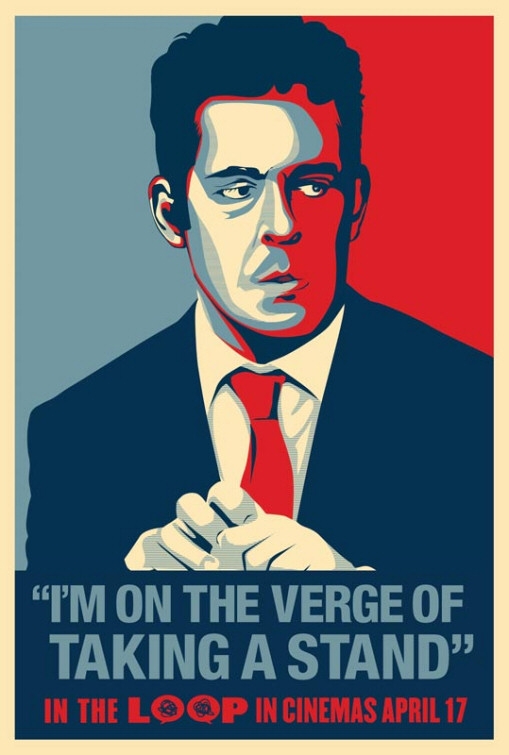The champion single for my son who turned three this summer has been Wavin’ Flag by K’naan, with the epic chorus: “When I get older then I’ll be stronger/ They’ll call me freedom just like a wavin’ flag.” Once it became the official song for the 2010 World Cup, everyone was singing it, except for lots of US Americans who see soccer as, in Stephen Colbert’s words, “the sport for fourth graders that foreign people take seriously.”
Etgar Keret reflected in The New Republic about why soccer makes more sense to him than basketball:
[L]ife isn’t about limber athletes sinking hoops from the three-point arc; life is an ongoing, uncoordinated, anguished effort to transcend our trivial existence, and effort that, if we’re lucky, might lead to one brilliant move…And then, for one split second, that whole damp 90-minute mishmash will turn into something coherent, beautiful, and worthwhile.
 The strange thing about learning law is that it’s a bit like becoming a hoop-sinking, limber athlete, in the sense of hyper-empowerment and social agency. There is a running joke in the movie In The Loop about experienced, middle-aged diplomats from the UK coming to Washington DC to deal with just-out-of-law-school twenty-something hot shots, giving the impression that the US is run by kids. But we’re kids acquainted with the law!
The strange thing about learning law is that it’s a bit like becoming a hoop-sinking, limber athlete, in the sense of hyper-empowerment and social agency. There is a running joke in the movie In The Loop about experienced, middle-aged diplomats from the UK coming to Washington DC to deal with just-out-of-law-school twenty-something hot shots, giving the impression that the US is run by kids. But we’re kids acquainted with the law!
I’m thankful for my focused summer as a research assistant to the Property Law professor whose 1L class triggered my career interest in urban planning and housing. Researching public housing and homelessness broadly led me to papers by social workers and sociologists who intimately knew the effects of laws on populations yet did not participate in writing or rewriting those laws. Meanwhile there was, at times, a distinct flavor of confident conjecture to many legal papers covering the same topics, thought exercises that may or may not play out as envisioned once actual people are involved.
Here’s where I have a moment of caution for myself, in that I don’t want to experiment with people’s lives. I came to law school for the empowerment, but I need more everyday life, and everyday relationships, to inform my empowered decisions. In my wife’s health economics class, the intro of her textbook mentions positive vs. normative analysis—the first, evidence-based statements that report what research has shown; the second, value-based inferences that purport what’s the better policy. I admit I’m quick to jump to normative conclusions based on my experiences, intuition and sense of activism, yet how much can I trust my own armchair thinking about what a decision looks like on the ground without adequately looking into it?
I’m starting this academic year with this reminder to myself, that part of why life feels “uncoordinated” and “anguished” for many is because overhead decisions operate in a more complex manner than envisioned—for example, receiving a generous relocation voucher to escape public housing to an affluent community but then arriving at the new community only to be cut off from a meaningful social support network, then finding that subsidized rent doesn’t account for the childcare cost that previously wasn’t necessary, then…well, you get it. Lawyers, of course, develop the agency to invent and revise programs, as well as the expertise to help people favorably navigate programs as they are today.
In a Washington Post article, Sudarsan Raghavan gave a great South African example of the leverage I’d like to acquire, only if I can employ it responsibly:
About 20,000 dwellers from the Joe Slovo settlement, a sprawling slum near Cape Town’s newly upgraded airport, had been targeted for eviction to make way for rental housing for the World Cup. But the residents won a court ruling that made their removal so costly that the local authorities abandoned the plan, but not before several thousand people were evicted…
The next step might be to move from defending the right to live in a disinvested area to directing resources for the gainful establishment the families living there. I’m (doing my best to be) on it!

2 Comments
stan fisher posted on September 7, 2010 at 7:18 am
I’m glad to be on the list David. Will read with interest when I can. You’re lucky to live with an economist, who can keep your positivism restrained by focusing on the data. I’m sure I’d benefit from that influence myself.
Alexandria posted on September 7, 2010 at 2:59 pm
Great post, David!!